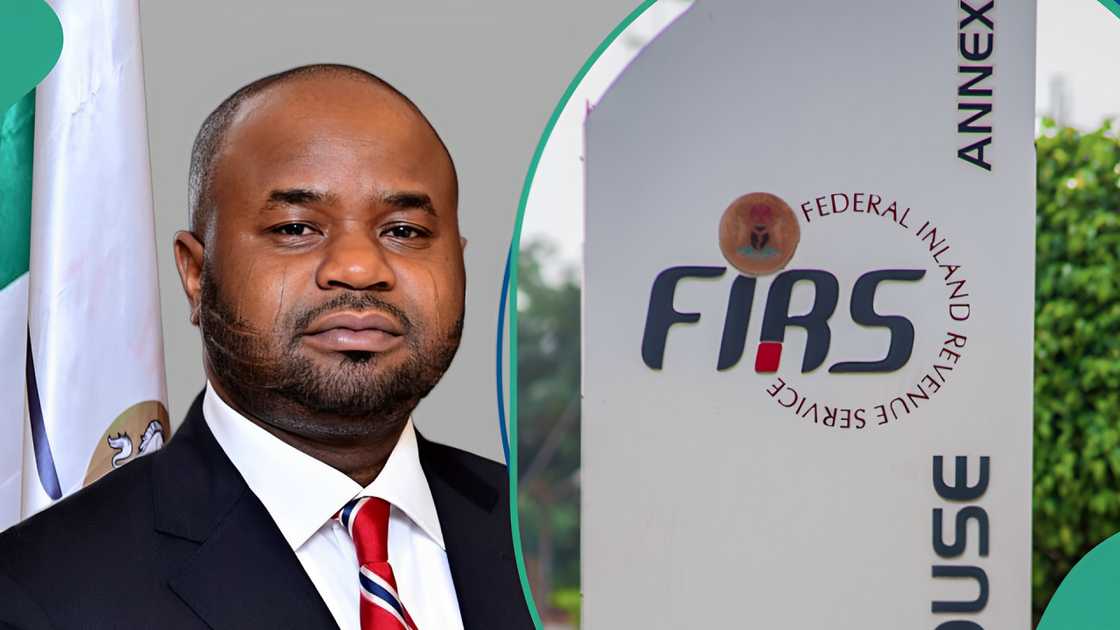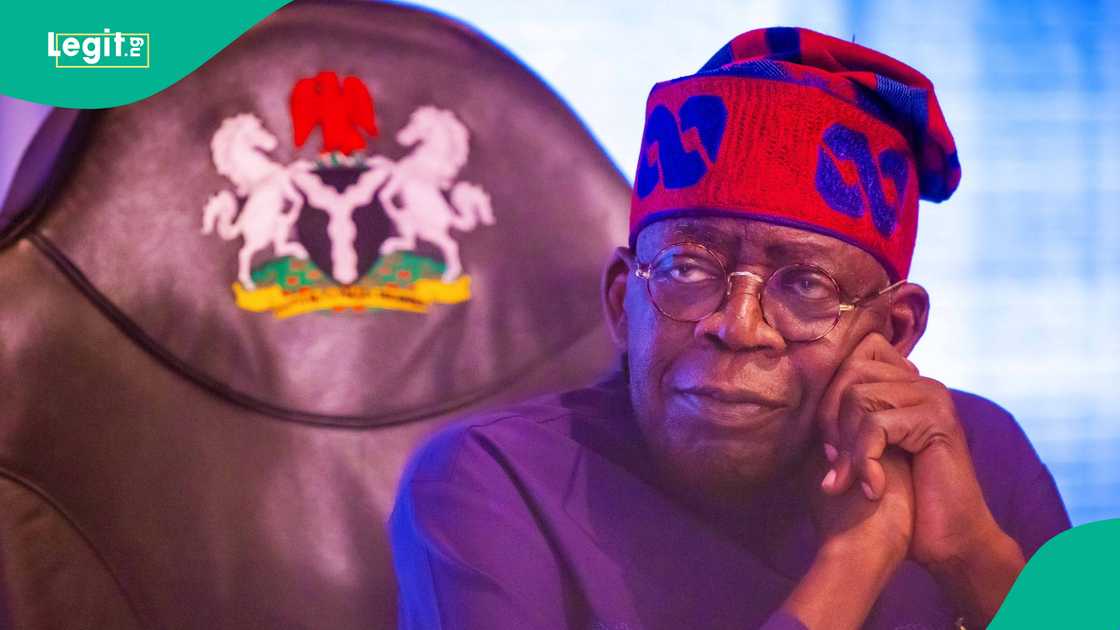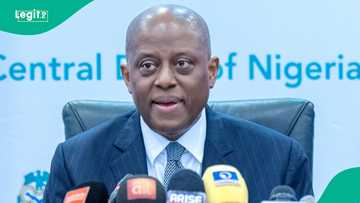FIRS Boss Explains Why Tinubu Will Keep Borrowing Despite Higher Revenue, More Tax Payment
- The FIRS has disclosed that Nigeria's revenue is on the rise as collection from oil and non-oil sources surged to N3.64 trillion
- The new figure is a massive 411% jump from May 2023, driven by non-oil and value-added tax growth
- The federal government, however, explained that despite the growth, borrowing will continue and has explained
Legit.ng journalist Dave Ibemere has over a decade of experience in business journalism, with in-depth knowledge of the Nigerian economy, stocks, and general market trends.
Zacch Adedeji, the executive chairman of the Federal Inland Revenue Service (FIRS), has said that the federal government will sustain its borrowing plans despite a sharp surge in revenue.
According to him, debt remains a crucial part of Nigeria’s broader economic strategy.

Source: Facebook
Adedeji stated this while speaking with State House correspondents in Abuja on Tuesday, September 23.
Nigeria's non-oil revenue rises
He also mentioned that federal revenue collection jumped to N3.64 trillion in September 2025, a 411% increase from N711 billion in May 2023.
FIRS boss credited the gains to reforms that boosted non-oil receipts, expanded the tax net, and strengthened compliance, Punch reports.
He said:
“Borrowing is not a problem… is borrowing not part of the budget we submitted to the National Assembly? Was it not approved?.
“No country or individual in the world survives based on its own income.”
Why will Tinubu continue to borrow?
The tax chief’s remarks come amid mounting debate over Nigeria’s debt profile.
Adedeji dismissed critics of government borrowing, saying it should not be viewed as a weakness but as a deliberate strategy to balance revenues with long-term investment.
He stressed that funds raised through loans are not used to pay salaries but to finance infrastructure and development projects.
He explained.
“What makes up a country’s budget? It consists of expenditure, revenue, and loans. For example, if my annual expenditure is N100,000 and I plan to cover N80,000 from revenue, I would borrow N20,000.
"But if I collect N90,000 in revenue and only need to borrow N10,000, all within the approved budget, what’s the problem with that?”
He also likened the approach to what he called the “Matchy Concept” in business, which emphasises continuity and fairness across generations.
He said.
“Borrowing to build a road ensures that future users can contribute through taxes, thereby paying their fair share over time."

Source: Twitter
Tax payment on the rise
Breaking down September’s record revenue, Adedeji said FIRS’ non-oil collections rose to N1.06 trillion compared with N151 billion two years earlier.
Oil receipts stood at N644 billion, while Value Added Tax payments tripled to N723 billion.
The Nation reported that the FIRS boss noted that new excise rules, e-invoicing, harmonised state levies, and a presumptive regime for hard-to-tax groups will further expand compliance.
Plans are also underway to reduce corporate tax rates as part of broader fiscal and constitutional reforms.
Tinubu seeks loan approval
Earlier, Legit.ng reported that President Bola Ahmed Tinubu wrote to the House of Representatives, seeking approval for an additional $347 million external loan as part of the federal government’s 2025–2026 borrowing plan.
The loan, he said, is required to meet the increased funding needs of the Lagos-Calabar Coastal Highway, whose cost has reportedly risen from $700 million to $747 million.
Experts say the new loan, if approved, would pile more pressure on Nigerians by raising the national debt and debt per capita.
Proofreading by James Ojo, copy editor at Legit.ng.
Source: Legit.ng




